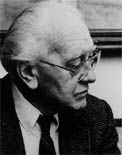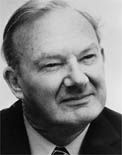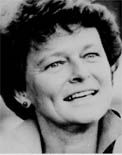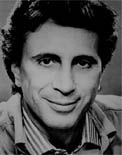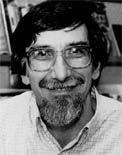1993 – Karel Husa
Pulitzer Prize-winning composer and conductor Karel Husa won the 1993 University of Louisville Grawemeyer Award for Music Composition. Husa, the Kappa Alpha professor at Cornell University, won the award for his “Concerto for Violoncello and Orchestra.” The work was commissioned by the Frank Kerze Jr. Fund and was premiered March 2, 1989, by the University […]

